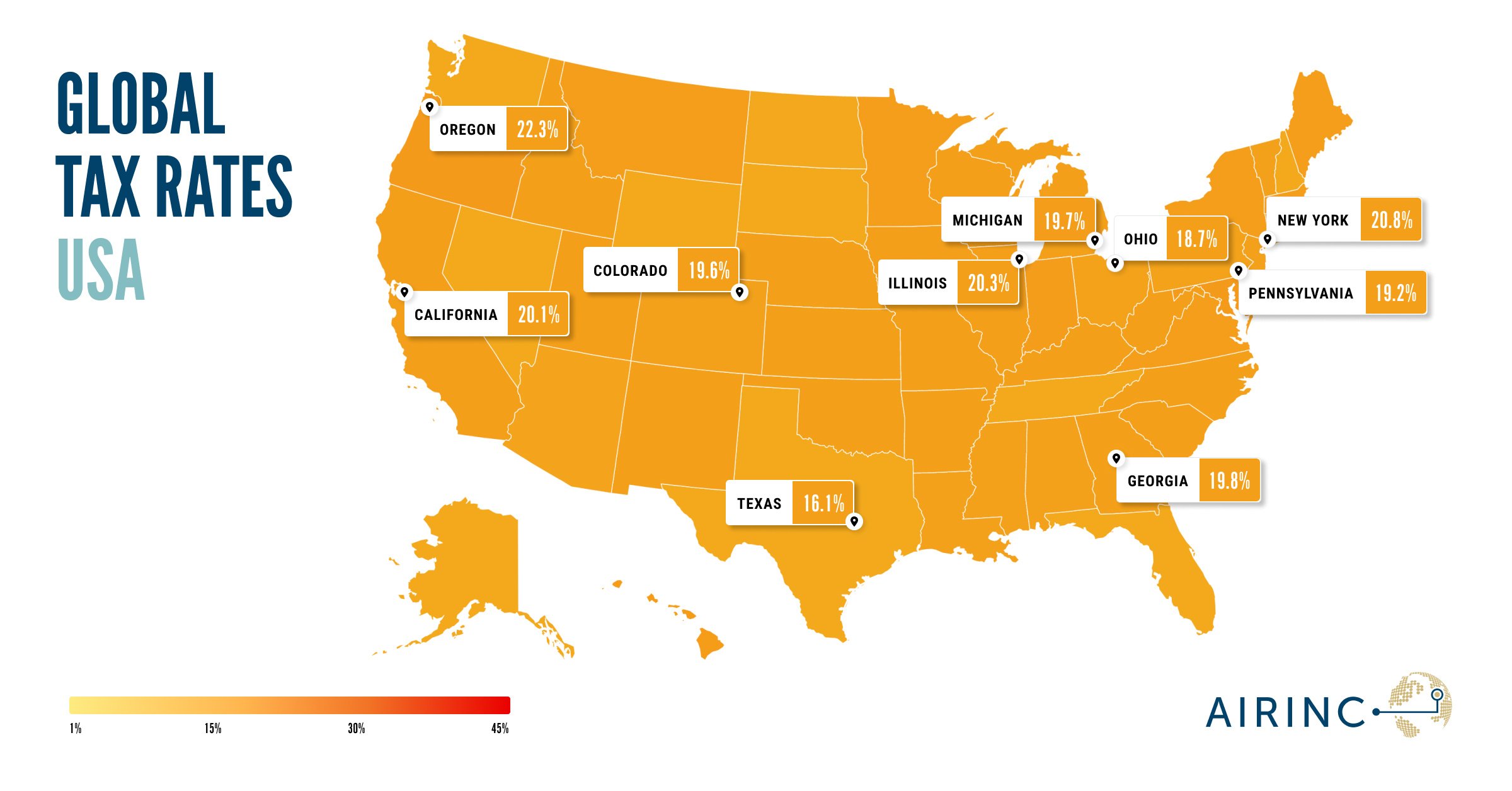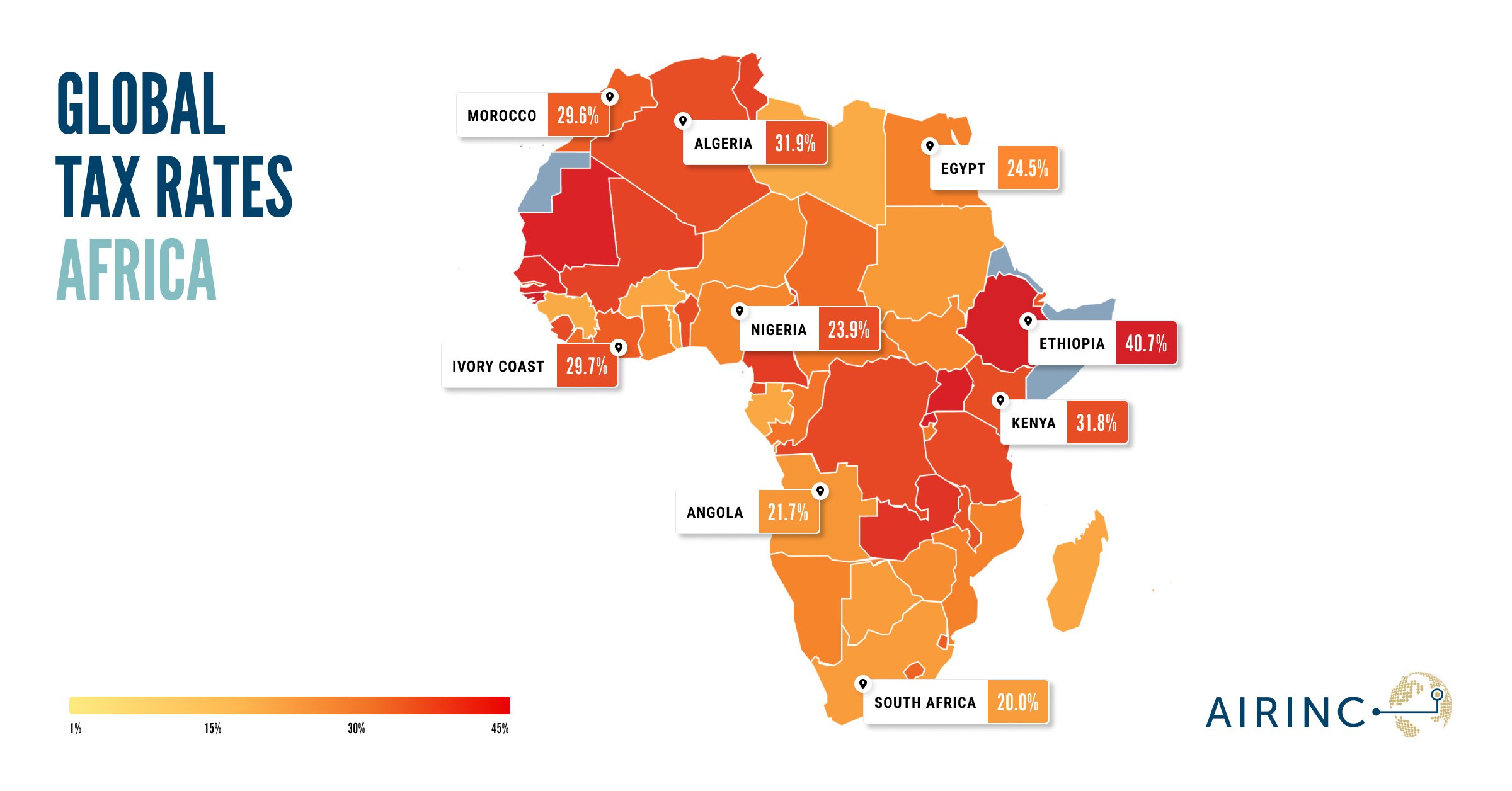On August 8, 2023, we held our final session in our summer school series on Mobility Taxation. This time, I had the honor of being joined by Mark Tirpak, an esteemed Managing Director of the Global Tax Network, for our class 301 session.
Together we discussed some essential tax concepts useful to global mobility managers, including:
- Taxation of Deferred Compensation
- Bonuses
- Equity
- Pensions
- RSU Case Study
- Social Security and Totalization Agreements
- Compensation Structuring for Tax Savings
Our audience learned a few key takeaways.
One of the key takeaways is the importance of having deferred compensation plans reviewed prior to a mobile employee moving to a new jurisdiction. Host country tax treatment often differs from home country tax treatment, so the up-front review will help to mitigate non-compliance while helping to avoid tax surprises for the organization and the mobile employee.
The second key takeaway is that deferred compensation often results in trailing liabilities when employees move from one jurisdiction to another. This means that payroll may need to continue reporting income and withholding tax in the previous home location until all trailing liabilities are met. Failure to do so can lead to penalties for the organization, and cash flow issues for the employee.
The third key takeaway is that social security taxation needs to be reviewed when keeping employees on a home-based payroll. If there is a totalization agreement in place between the sending and receiving countries, a certificate of coverage should be applied for well in advance of the assignment to avoid double taxation at the social security level.
Finally, attendees learned about some of the compensation structuring strategies that can be used to minimize tax for mobile employees. Examples include reviewing host country tax laws to see if structuring the delivery of certain benefits such as housing can be done in such a way that that the benefit in kind is delivered tax free or at a reduced level of taxation. We also discussed some of the expatriate tax concessions in countries such as The Netherlands, Spain, and the U.K.
During our session, our moderator Christopher Ward took some time to ask our audience about their insights in several polling questions.
Poll #1 Does your company issue stock-based compensation?
54% - YES
32% - NO
14% - I don’t know
Poll #2 Which tax jurisdiction will generally assess tax on equity compensation?
9% - Home country (issuing country)
7% - Host country
0% - Not taxable in any jurisdiction
81% - Possibly home and host countries
2% - I don’t know
Poll #3 True or False: If the employee is exempt for host country income tax under an income tax treaty, no social security will be due.
11% - True
83% - False
6% - I’m not sure
Poll #4 Does your company vary the pay delivery of allowances in order to take advantage of certain tax concessions?
34% - Yes
33% - No
33% - I’m not sure
If you missed attending any session of our summer school series on mobility taxation live, you can view the recording on-demand here.
Please consider attending AIRINC’s next Global Tax Chat, scheduled for September 12, 2023, at 10am EDT. Subscribe to the blog to see the details soon!



%20(10)%20(1).jpg)



